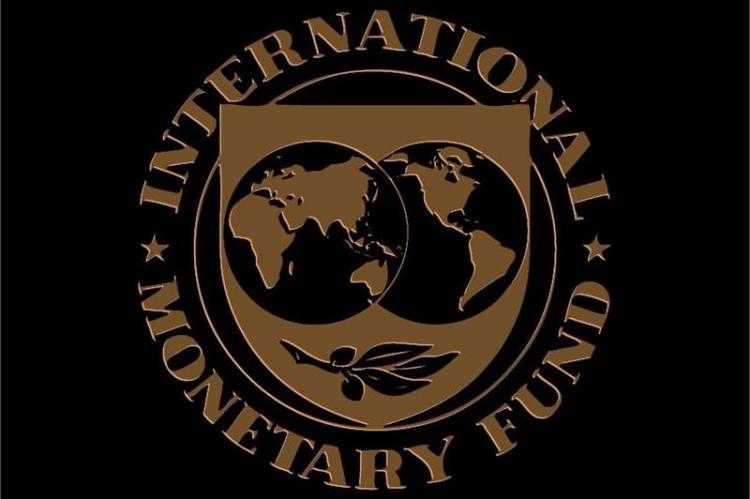The High Price of Globalization: A Critical Examination of IMF-Driven Structural Reforms in Belize
By: Omar Silva
Editor: National Perspective Bz DIGITAL 2024
Belize City: Tuesday 13th August 2024
Belize, like many developing nations, has felt the profound impact of globalization—a force that promised economic growth and prosperity but has often delivered quite the opposite. The structural reforms imposed by the International Monetary Fund (IMF) and a string of United Nations agencies have led to significant changes in the economic landscape of our nation. Among the most contentious of these changes is the forced privatization of national assets, including utilities and telecommunications, which has had far-reaching consequences for Belizean society.
Belize and the IMF: A Complex Relationship
Belize's relationship with the IMF has been marked by economic challenges and the implementation of structural adjustment programs (SAPs) designed to stabilize the national economy. These programs, while intended to reduce fiscal deficits and encourage investment, often came with conditions that were difficult for a small, developing nation like ours to meet.
Among the most significant of these conditions was the requirement to privatize state-owned enterprises. Belize, like many other nations in the Global South, was pressured to sell off its national utilities and telecommunications sectors to private investors. This move was sold to the public as a way to increase efficiency, attract foreign capital, and reduce the financial burden on the government. However, the reality for many Belizeans has been far different.
The Privatization of National Assets: A Belizean Perspective
The privatization of Belize’s national utilities, such as electricity and water, along with the telecommunications sector, has been a double-edged sword. While it may have led to some improvements in efficiency and service delivery, it has also resulted in higher costs for consumers, limited access for rural communities, and a loss of national control over essential services.
Take, for example, the sale of Belize Telecommunications Limited (BTL). Once a public entity, BTL was seen as a national asset—a critical component of our country's infrastructure. However, its privatization led to a period of instability and uncertainty, with questions about national security and economic sovereignty coming to the forefront. The same concerns arose with the privatization of Belize Electricity Limited (BEL), where the transfer of ownership to foreign investors sparked widespread public outcry and fears of escalating costs.
These privatizations have left Belizeans questioning whether the IMF's prescription for economic recovery truly served our nation's best interests or if it merely facilitated the transfer of wealth and power to foreign hands.
The Social Costs of Economic Reforms in Belize
The social costs of these reforms have been significant. Belize has witnessed a rise in inequality and poverty, as the benefits of globalization have failed to trickle down to the majority of the population. The reduction in government spending on public services, as part of IMF-imposed austerity measures, has strained the education and healthcare systems, leaving many Belizeans without access to essential services.
Moreover, the privatization of national assets has often prioritized profit over people, with rural and marginalized communities bearing the brunt of these changes. As essential services become more expensive and less accessible, the gap between the rich and poor continues to widen, threatening the social cohesion that has long been a hallmark of Belizean society.
Rethinking Belize’s Approach to Globalization
As Belize reflects on its journey through IMF-driven structural reforms, it is clear that a new approach is needed. One that respects our national sovereignty, prioritizes the well-being of our citizens, and allows us to take control of our economic destiny. Belize must advocate for policies that are tailored to our unique circumstances and needs, rather than adopting a one-size-fits-all approach that has proven detrimental in the past.
International institutions, including the IMF and UN agencies, must also reconsider their role in shaping the economic policies of small nations like Belize. A more inclusive, equitable, and respectful approach to globalization is essential—one that sees Belize not as a market for exploitation but as a partner in the global economy.
Conclusion
Belize’s experience with IMF-driven structural reforms serves as a cautionary tale for other developing nations. The forced privatization of national assets and the accompanying social costs have raised important questions about the true benefits of globalization. As we look to the future, it is imperative that Belize takes a more assertive stance in shaping its economic policies, ensuring that the benefits of globalization are shared by all Belizeans and that our nation's sovereignty is safeguarded.
- Log in to post comments

